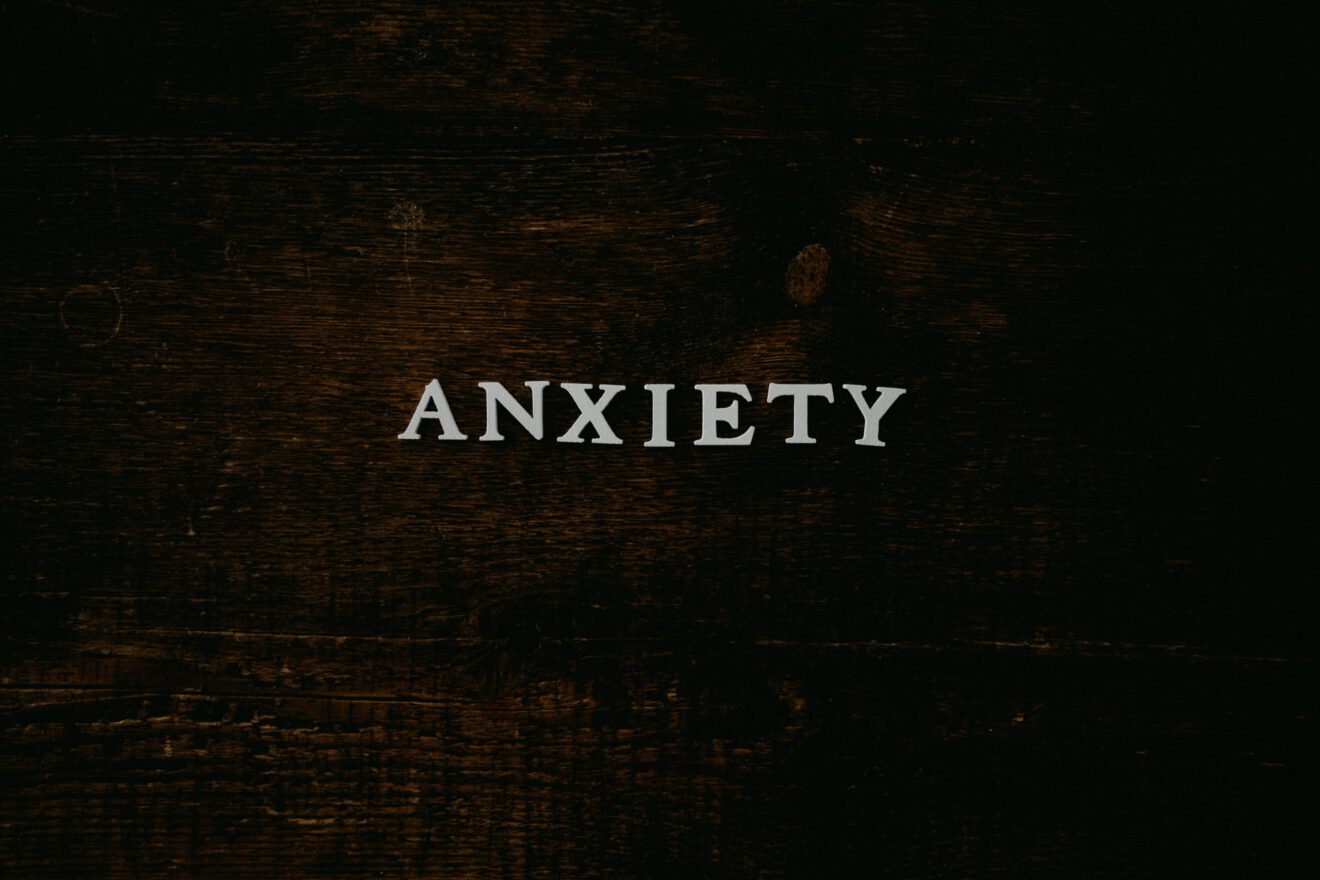The leading cause of disability worldwide, according to the World Economic Forum is anxiety. “By 2030, the cost to the global economy of all mental health problems could amount to $16 trillion,” WEF reports. That’s just eight years away.

According to the Anxiety and Depression Association of America, anxiety disorders in the United States affect over 40 million adults every year. Is there any wonder? We’re living in times of uncertainty and instability: From political division, conspiracy theories, quiet quitting, racial tensions, social unrest, recession and global warming, there’s an abundance of concerns that affect our well-being, and productivity. While we might not be able to solve a global problem, we can take practical steps to cope in times of certainty. Here are seven practical ways to reduce anxiety in difficult times.
1. Challenge your thoughts
Much of our anxiety is due to our unmanaged thoughts about the situation, and not so much the situation itself. Whether it’s obsessing about politics, focusing on world problems, or concerns about a future that isn’t here yet, many of our thoughts are simply ideas, opinions, beliefs or philosophical points of view. We can’t stop thinking thoughts, but we can stop believing every thought that we think. Remind yourself that just because you think something doesn’t necessarily mean it’s true. When you notice a negative or repetitive thought, say to yourself, “Thanks for sharing,” then decide to shift your attention.
2. Stop ruminating
Rumination is defined as engaging in a repetitive negative thought process that loops continuously in the mind without end or completion. This habit creates new neuro-connections for the purpose of repetitive thinking. These habitual thoughts over time create deep grooves in the neuro-circuits of the brain that only builds on the negativity. To stop ruminating, notice the repetitive nature, and then shift gears intentionally. Create a more soothing thought to replace the rumination. For example, if you are thinking “my business isn’t going to make it, think instead, “I have always been creative before. I am going to be innovative to figure out a plan.”
3. Eliminate blame
Blaming others never positively impacts a situation. Notice that blame is always about the past, which takes you out of the power of the present. When you blame others, you unconsciously take on a victim identity. To reclaim your power stop participating in blame-laden conversations. Instead, shift the conversation to “what choices we have now” and notice your inner landscape. When you find your choice, you find your power.
4. Unplug from electronics
Watching the news or engaging in social media non-stop is toxic to your health, takes up time and wastes precious energy that could be used doing something that could benefit you later. Now is the time to place some constraints on your log in time. Make a decision about when you will watch the news, and how much time you will engage on social media. Use the extra hours to do something really productive like writing a book proposal, cleaning out your computer or spending an hour a day learning a new language.
5. Create structure
The pandemic shifted our structures. If you have had to adapt to a hybrid workplace, or you had had to put travel on hold, now is the time to set your own structures. Make a schedule. Set some new priorities, determine your routines. Experiment with how you use time and space. You will feel more disciplined, and in more control, than just free falling into nothingness. Structure determines behavior, so create structures that work for you now.
6. Get organized
There’s not one person who doesn’t have a couple of office drawers, a closet, a basement or a guest room that couldn’t stand some purging and organizing. There’s something about the physical activity of organizing that can help you clear your mind, whether at work or at home. Pick a room and create a project to clean, organize and purge. You can even clean your mental environment by listing your concerns or listing your wishes then putting together a plan, a task list and dates for completion.
7. Rekindle relationships
When you’re struggling with anxiety it’s easy to become self-absorbed. Reaching out to others can take the focus off of yourself and make you feel more connected. If you’ve burned bridges, decide to make amends. People tend to forgive easier when the petty issues become less important than the current catastrophe.
Marlene Chism is a consultant, executive educator and the author of From Conflict to Courage: How to Stop Avoiding and Start Leading (Berrett-Koehler 2022). She is a recognized expert on the LinkedIn Global Learning platform. Connect with Chism via LinkedIn, or at MarleneChism.com
Opinions expressed by SmartBrief contributors are their own.
_______________________________
If you enjoyed this article, sign up for SmartBrief’s free e-mails on leadership and business transformation, among SmartBrief’s more than 200 industry-focused newsletters.
